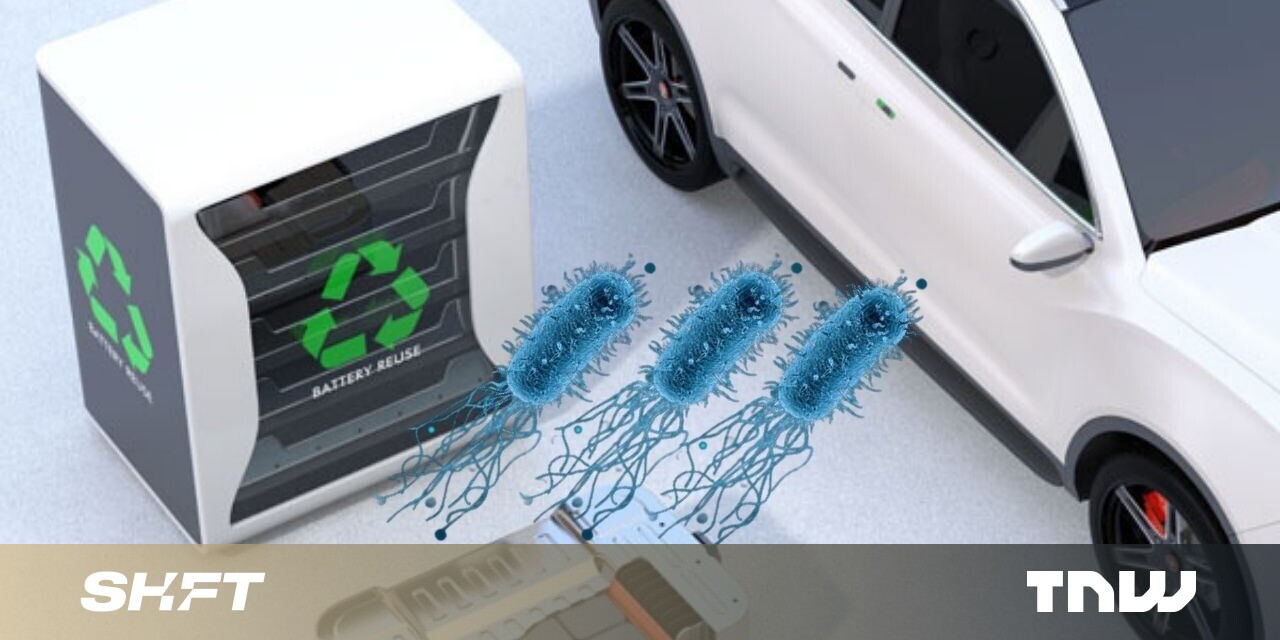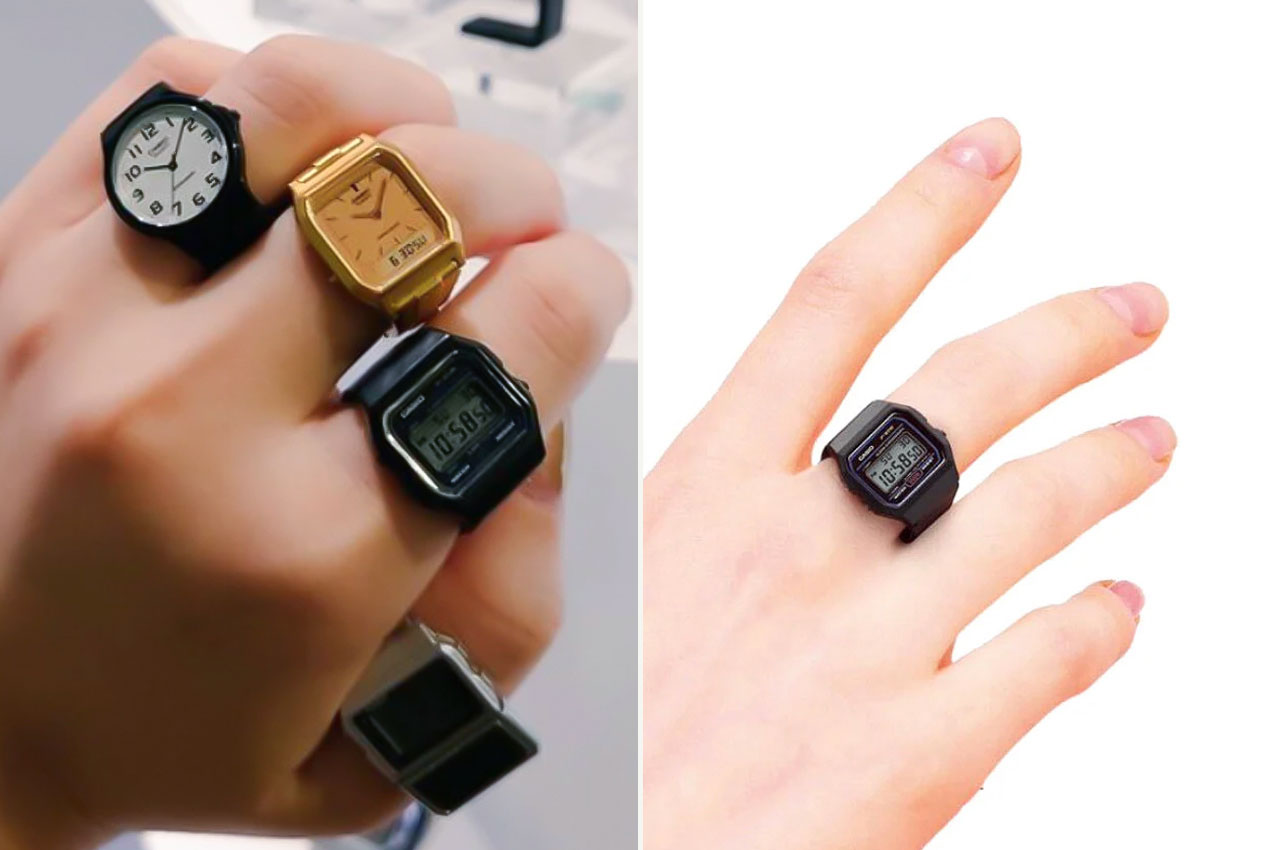#Bacteria – yes, bacteria – could be the key to recycling EV batteries

Table of Contents
“#Bacteria – yes, bacteria – could be the key to recycling EV batteries”
But producing so many electric vehicles (often abbreviated to EVs) in a decade would cause a surge in demand for metals like lithium, cobalt, nickel and manganese. These metals are essential for making EV batteries, but they’re not found everywhere. Most of the world’s lithium lies under the Atacama Desert in South America, where mining threatens local people and ecosystems.
Leading manufacturers of EVs need to keep import costs low and find a reliable source of these raw materials. Mining the deep sea is one option, but it could also damage habitats and endanger wildlife. At the same time, waste electronics filled with precious metals are piling up in landfills and in some of the world’s poorest regions – with 2.5 million tonnes added to the total each year.
EV batteries themselves only have a shelf life of eight to ten years. Lithium-ion batteries are currently recycled at a meagre rate of less than 5% in the EU. Instead of mining new sources of these metals, why not reuse what’s already out there?
The recycling economy
The largest lithium-ion battery recyclers are based in China. While recycling is often treated as an obligation that companies should be paid to do in North America and Europe, competition is so intense for dead batteries in China that recyclers are willing to pay to get their hands on them.

Most of the batteries that do get recycled are melted and their metals extracted. This is often done in large commercial facilities which use lots of energy and so emit lots of carbon. These plants are expensive to build and operate, and require sophisticated equipment to treat the harmful emissions generated by the smelting process. Despite the high costs, these plants rarely recover all valuable battery materials.
The value of the global market for metal recycling is expected to grow from US$52 billion (£37 billion) in 2020 to US$76 billion by 2025. Without less energy-intensive recycling methods, this emerging industry will only exacerbate environmental problems. But there is a natural process for extracting precious metals from waste that’s been used for decades.
Bugs for batteries
Bioleaching, also called biomining, employs microbes which can oxidise metal as part of their metabolism. It has been widely used in the mining industry, where microorganisms are used to extract valuable metals from ores. More recently, this technique has been used to clean up and recover materials from electronic waste, particularly the printed circuit boards of computers, solar panels, contaminated water and even uranium dumps.
My colleagues and I in the Bioleaching Research Group at Coventry University have found that all metals present in EV batteries can be recovered using bioleaching. Bacteria like Acidithiobacillus ferrooxidans and other non-toxic species target and recover the metals individually without the need for high temperatures or toxic chemicals. These purified metals constitute chemical elements, and so can be recycled indefinitely into multiple supply chains.

Scaling up bioleaching involves growing bacteria in incubators at 37°C, often using carbon dioxide. Not a lot of energy is needed, so the process has a much smaller carbon footprint than typical recycling plants, while also contributing less pollution. While reducing EV battery waste, bioleaching facilities mean manufacturers can recover these precious metals locally, and rely less on the few producer countries.
Academics working on bioleaching to stop once they’ve removed all the precious metals from the electronic waste and they’re floating in solution. This is not enough for industry. We combine bioleaching with electro-chemical methods that can fish out these metals and make them useful for supply chains. Unfortunately, existing methods in metal recycling which involve lots of energy and toxic chemicals have been used for decades. Industries can’t always afford to innovate, so it’s up to the government to mandate changes and invest in cleaner alternatives.
EV batteries are a technology still in their infancy. The reuse of their components should be considered as part of their design. Rather than remaining an afterthought, recycling can become both the beginning and end of an EV battery’s life cycle with bioleaching, producing high-quality raw materials for new batteries at low environmental cost.
Most of the batteries that do get recycled are melted and their metals extracted. This is often done in large commercial facilities which use lots of energy and so emit lots of carbon. These plants are expensive to build and operate, and require sophisticated equip
This article by , Professor of Bio-innovation and Enterprise, Coventry University, is republished from The Conversation under a Creative Commons license. Read the original article.
If you liked the article, do not forget to share it with your friends. Follow us on Google News too, click on the star and choose us from your favorites.
For forums sites go to Forum.BuradaBiliyorum.Com
If you want to read more like this article, you can visit our Technology category.




